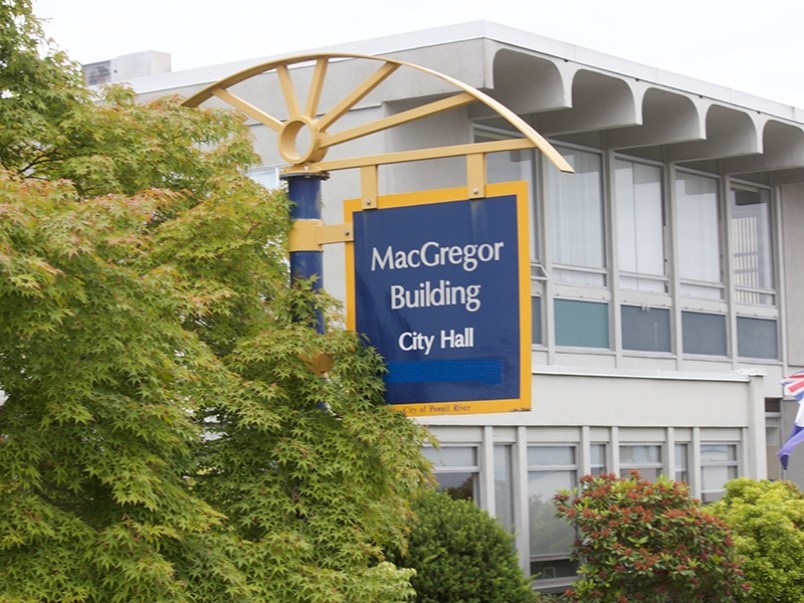A Powell River resident appeared before city councillors to highlight problems with dog waste in the city.
At the May 4 committee of the whole meeting, Ellen Ross said she was making a presentation to the committee to discuss dog waste management in Powell River.
“Pet waste is a big problem,” said Ross. “One of the things that comes to mind for me is the number of plastic bags that end up in the landfill.”
Ross said Canadian statistics indicate approximately 35 per cent of households have dogs. She said there are probably close to 4,000 dogs in the city. She said she went to city hall and asked how many dog licences had been taken out and the number was 634. She added that there was a disparity between the number of dogs and licences in the city, and the revenue stream that would be generated from licences to help deal with pet waste if every dog was licenced.
Ross said poop and scoop doesn’t seem to be going on very much. She said she has a dog and picks up after it. From a health perspective, leaving dog waste lying around is not very good, according to Ross.
Some people think dog waste is fertilizer and the public has to be educated that it’s not, she added.
Ross said at Haslam Lake, Powell River’s water source, there is considerable dog waste and there is a slope to the land. She said the waste is full of bacteria so there has to be more concern from a health perspective.
Ross said she lives in the proximity of the Penticton trails and dogs are seemingly always off-leash. She doesn’t see many pet owners with bags. There is no signage to inform dog owners, she added.
“I know the Let’s Talk Trash team has some good information on this subject,” said Ross.
She said City of Vancouver hired someone to undo the plastic dog waste bags. She said there are mechanisms that could grind up the plastic bags.
“Do we devise a crematorium system for pet waste or do we compost it?” asked Ross. “Do we want to keep putting it in that black plastic garbage bag and keep sending it away, or do we want to have something at the liquid waste management or resource-recovery centre?
“I’m just saying we need to address this issue and how exactly we deal with this, I’ll leave that with you.”
Councillor Rob Southcott asked if Ross was suggesting the city institute receptacles around the community and also, a processing plant, either associated with the wastewater treatment plant or resource-recovery centre.
Ross said that was the case.
She said if there was some way people could drop off dog waste at the wastewater treatment centre or resource-recovery centre, she thought there would be more compliance.
Councillor plans talk with infrastructure director
Councillor Jim Palm said the city knows this is an issue and people who walk trails on a regular basis know small plastic bags are piling up. He said he’d have a talk with director of infrastructure Tor Birtig and get him to bring back a report on some of the options available and the associated costs.
Mayor Dave Formosa said suggestions could also be made to the director of parks, recreation and culture. He said it would be nice if there were dog waste bins at the end of trails for people to deposit the waste.
“If there was an opportunity to have bins at the trail heads in certain areas, it would be a move in the right direction,” said Formosa.
Councillor Cindy Elliott said it’s a good idea for it to be easy for dog owners to find a place to put waste bags.
“If we are seeing bags piling up in a location it may be a form of communication as far as a request to have a bin in that area,” said Elliott. “I agree that more of these would be great.”



